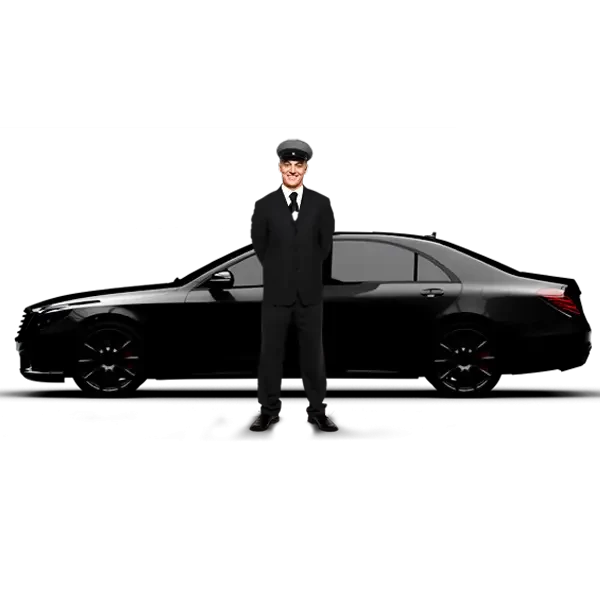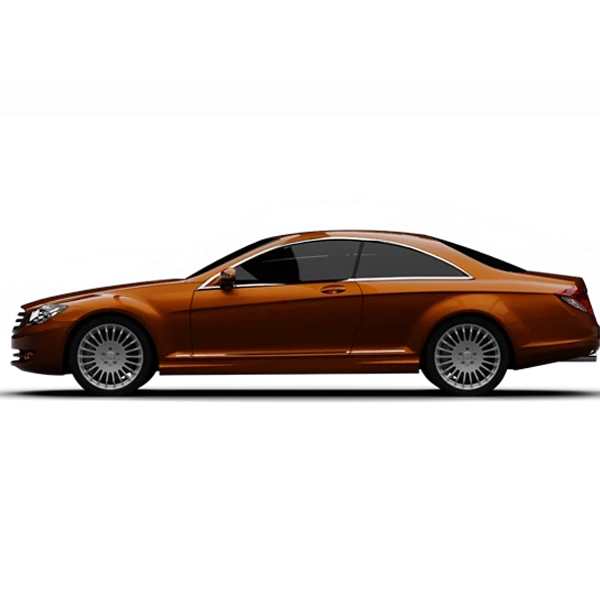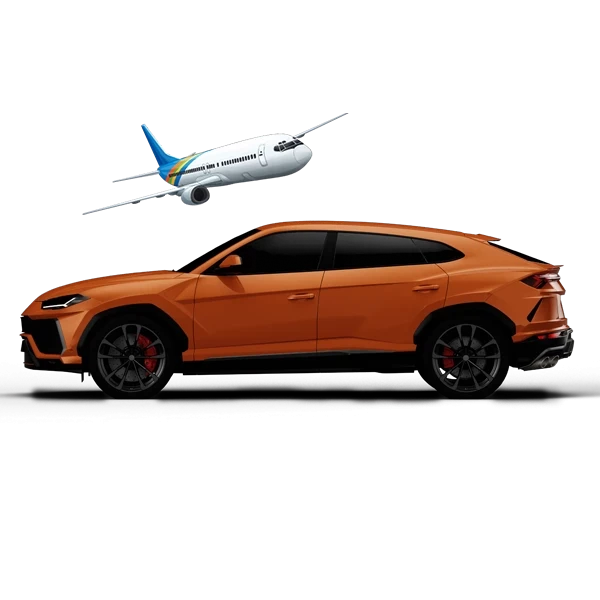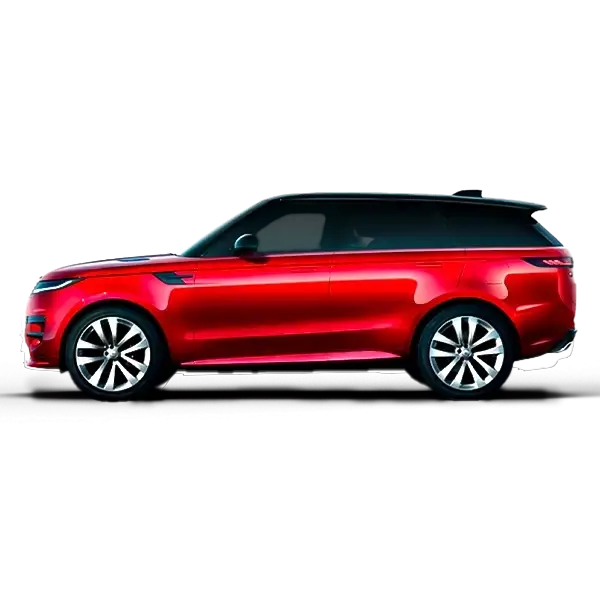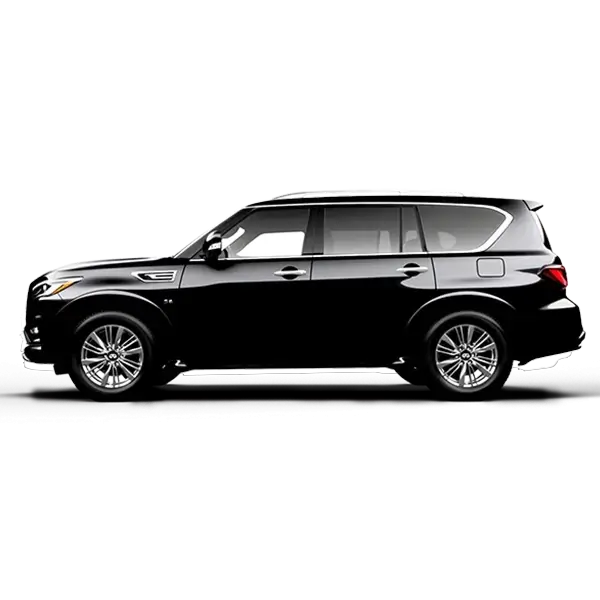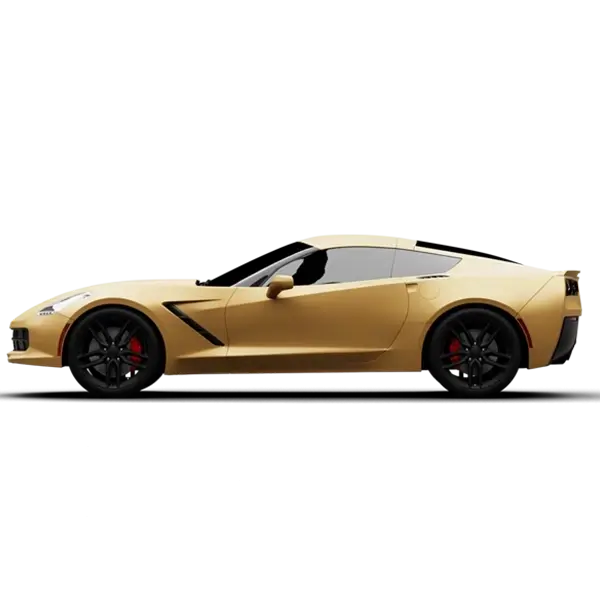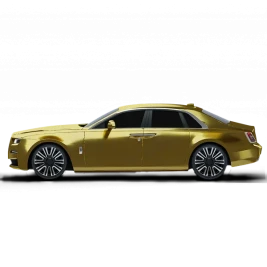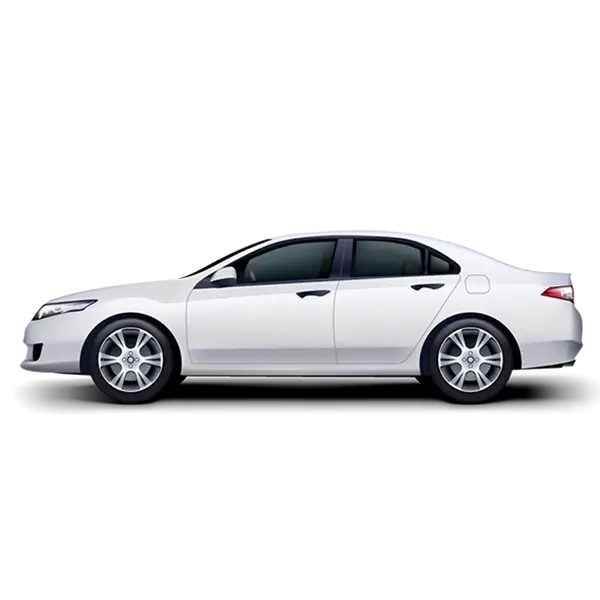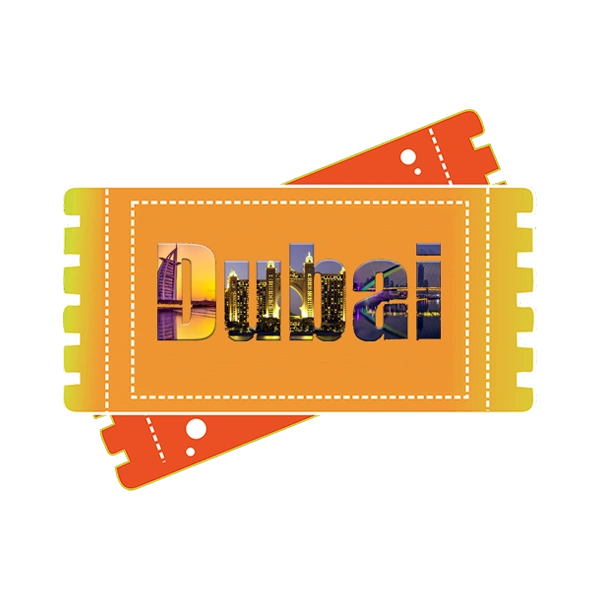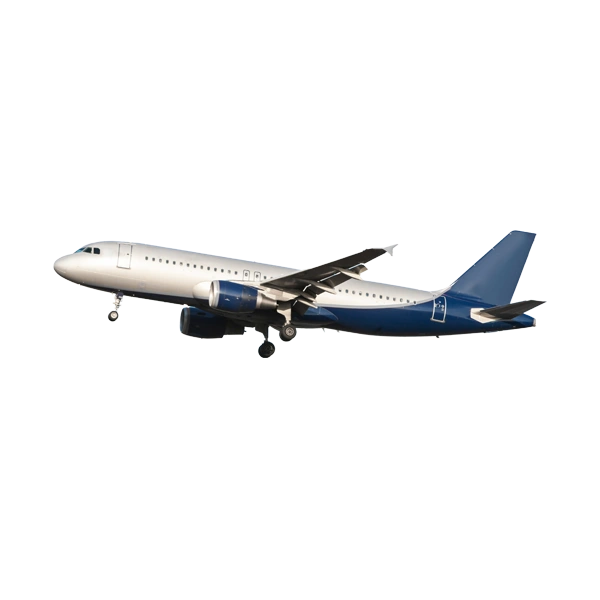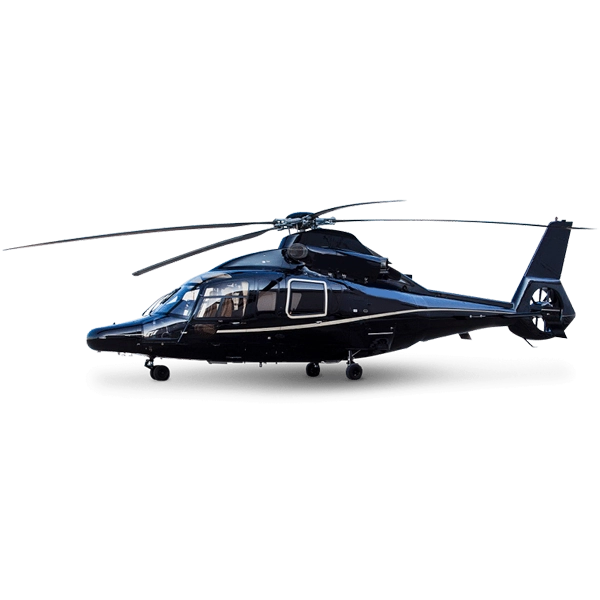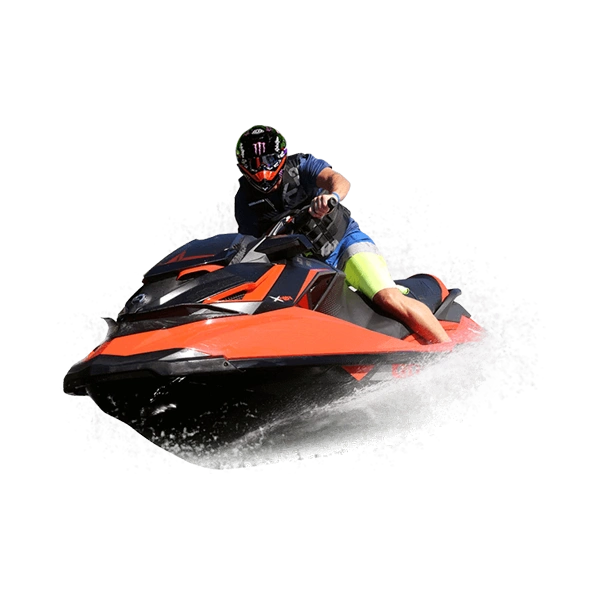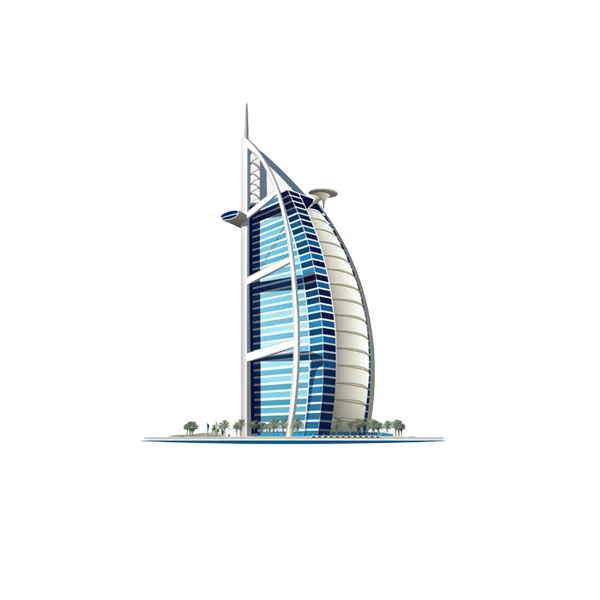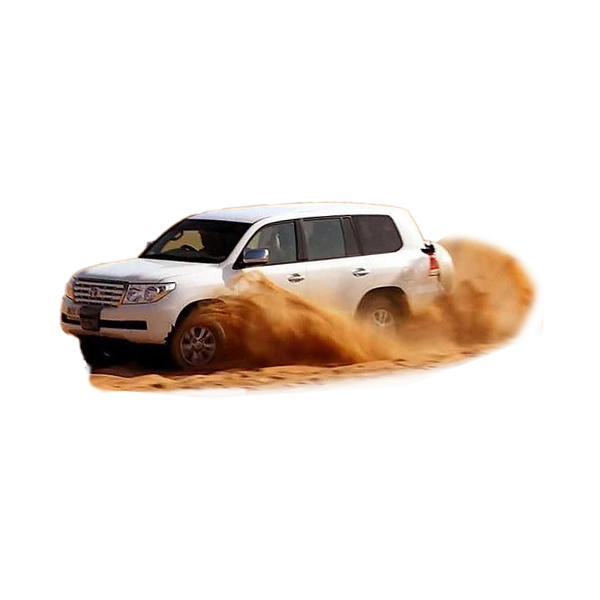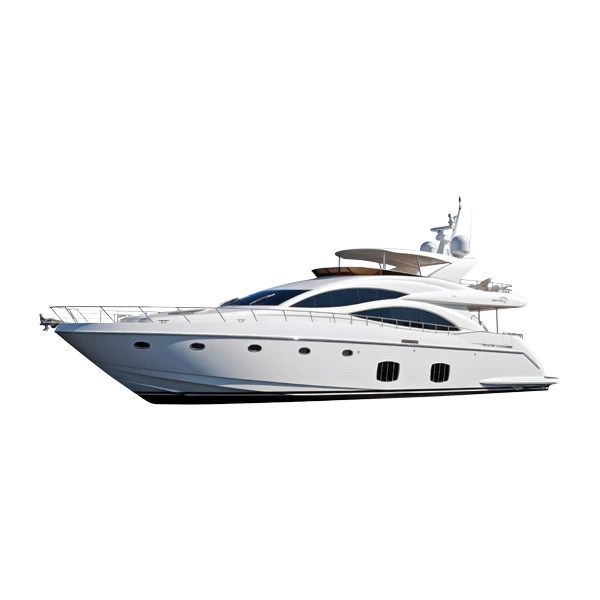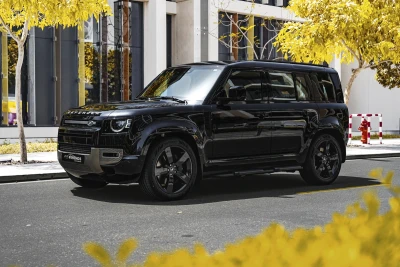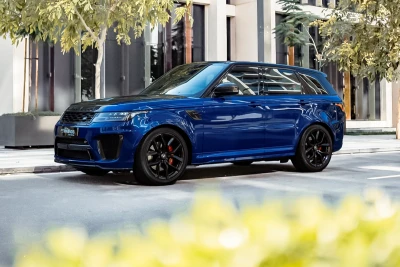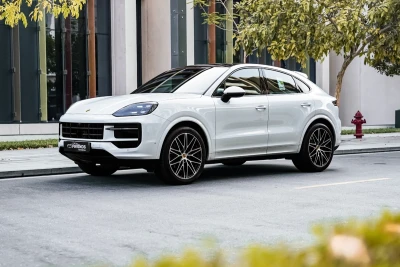Types and Penalties Of Radar Cameras in Dubai
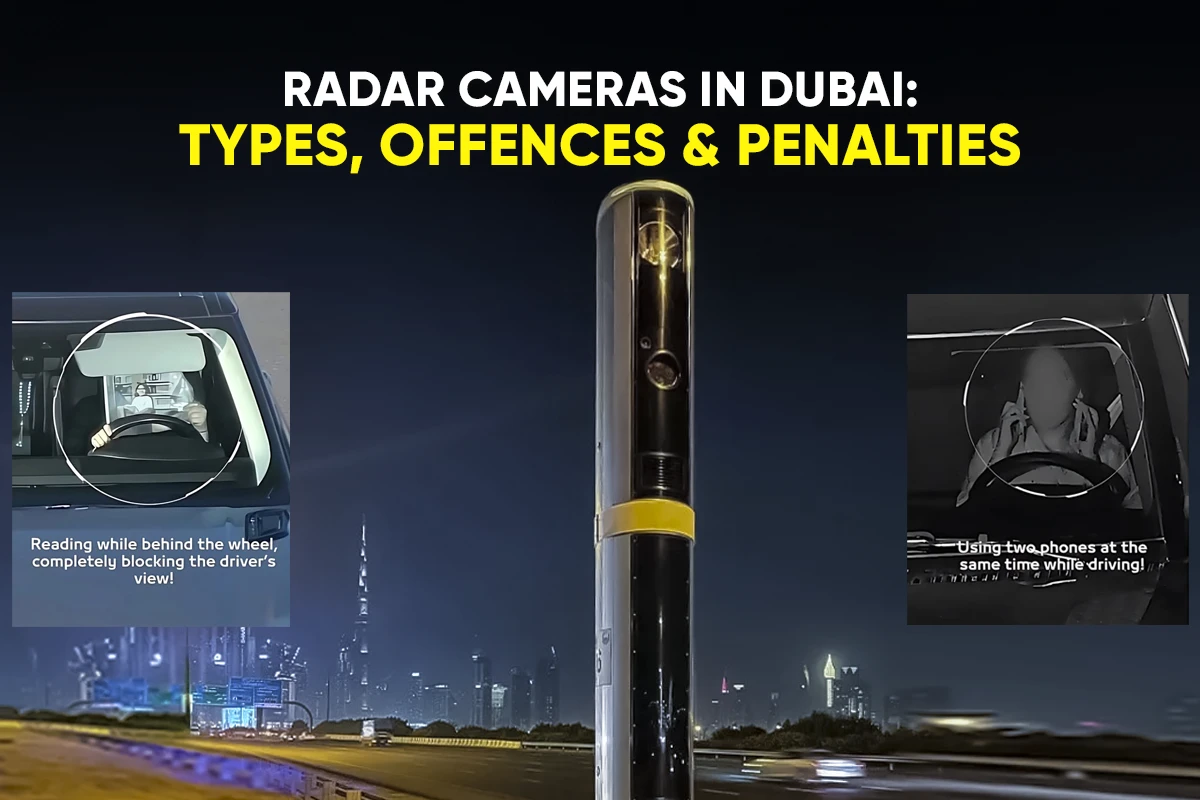
Ever wondered how Dubai manages its ~2.7 million registered vehicles sprawling continuously on its highways and boulevards? Dubai, a global leader in automotive infrastructure and innovation, invests trillions in futuristic technologies to keep the traffic flawless, maintain optimal road safety, and catch every rule-breaker. Among those investments are different types of radar cameras—from fixed speed cameras to AI-powered smart cameras, precisely monitoring every vehicle movement to aid in enforcing traffic laws and enhancing road safety. This article explores Dubai’s radar cameras, types, offences they detect, and penalties in 2025, while offering some insightful tips to avoid radar-detected fines. Let’s dive in.
Radar Cameras in Dubai: Overview
Radar cameras (or radar systems) are advanced surveillance devices that use radio waves to detect the presence, distance, speed, and direction of objects. Dubai’s modern radar cameras integrate specially designed AI and enhanced infrared technologies to monitor traffic violations.
These AI-assisted radar systems provide accurate & live traffic details to central traffic control (RTA headquarters), keeping the authorities informed at all times to address any situation promptly and effectively. These smart traffic cameras are ideal for Dubai’s smart city vision of safer and smarter roads.
While the sophistication and advancements of these cutting-edge radar technologies sound amazing, it’s more important that you understand their types and working mechanisms for a fine-free (including black points and vehicle impoundment) and stress-free driving in the Emirates.
Types of Radar Cameras in Dubai
Understanding what radar cameras are, let’s take a look at their types, functionalities, and where they are used by the Dubai Road and Transport Authority (RTA).
Dubai radar camera types:
Fixed Speed Cameras
Red Light Cameras
Mobile Speed Cameras
AI-Powered Smart Cameras
Bat Radars
Noise Detection Radars
Truck Lane Radars
Smart Controller Radars
1. Fixed Speed Cameras
Fixed speed cameras are the most common & recognizable traffic enforcement devices in Dubai, designed for automated vehicle speed detection. In Dubai, they often have a 20 km/h buffer on highways. However, this buffer might not apply in urban streets, residential zones, or school areas. They operate 24/7 in all weather conditions.
General Sightings: These cameras are particularly prevalent in high-risk zones and areas with varying speed limits. The Dubai RTA strategically positions them along major highways and key roads such as Sheikh Zayed Road, Al Khail Road, and Mohammed Bin Zayed Road.
Function/What it Detects: Primarily monitors vehicle speeds to identify and capture images of those exceeding the posted speed limits.
Technology Used: Stationary speed cameras utilize Doppler radar or laser technology to measure vehicle speed. Modern versions integrate infrared technology for non-intrusive monitoring without a visible flash. The latest cameras are capable of monitoring multiple lanes simultaneously.
2. Red Light Cameras
Red light cameras are standard specialized traffic control systems capable of detecting & documenting vehicles that violate the red light in intersections. These cameras are crucial in preventing critical T-bone collisions and ensuring driver compliance with traffic signals, which is a key priority for Dubai's road safety initiatives.
General Sightings: Red light cameras can be seen strategically placed at intersections across Dubai, particularly at high-risk, high-traffic, and accident-prone areas. They are common at major intersections along roads like Sheikh Zayed Road, Al Khail Road, and in busy urban areas such as Downtown Dubai and Business Bay.
Function/What it Detects: Their primary function is to catch vehicles running a red light, often capturing high-resolution images and short video clips (typically 5-10 seconds) of the violation. Many red light cameras in Dubai also function as fixed speed cameras at intersections.
Technology Used: These camera systems utilize inductive loop sensors embedded in the road pavement near the stop line, which detect a vehicle's presence. When the traffic light is red and a vehicle crosses these sensors, it triggers the camera system. Their high-resolution digital cameras, often with infrared technology (without a visible flash), and Automatic Number Plate Recognition (ANPR) to identify the vehicle's license plate.
3. Mobile Speed Cameras
As the name suggests, mobile speed cameras are portable radar devices, often installed in Dubai Police and RTA vehicles to monitor vehicle speeds at any location. These flexible units (some handheld) ensure drivers adhere to speed limits even in areas without permanent radar installations, acting as a dynamic component of Dubai's road safety strategy..
General Sightings: You can find these cameras in various locations, including temporary enforcement zones, newly developed areas, and roads with fluctuating traffic patterns. Unlike fixed speed cameras, authorities can operate them from parked police vehicles or by using handheld devices by the roadside.
Function/What it Detects: Their primary function is speed detection, capturing violations where drivers exceed the posted speed limits. Some advanced mobile units may also have capabilities to detect other infractions, such as tailgating or erratic driving.
Technology Used: They utilize advanced Doppler radar or handheld laser (LIDAR) technology for precise speed measurement. Modern mobile units are often equipped with high-resolution digital cameras for clear image capture. Some integrate with AI to analyze driver behavior.
4. AI-Powered Smart Cameras
AI-Powered Smart Cameras are the true statement from Dubai RTA, symbolizing their commitment and intention of flawless traffic enforcement in Dubai. Utilizing advanced artificial intelligence and machine learning to monitor roads, these sophisticated systems go beyond traditional speed or red light detection. At present, these AI-assisted smart cameras contribute significantly to Dubai's vision of a smart and safe city.
General Sightings: Dubai RTA doesn’t specify locations for security and enforcement reasons. But AI-powered smart cameras are increasingly being integrated into existing radar infrastructure and deployed in strategic, high-traffic areas, including major highways, intersections, and potentially even within urban areas or tunnels.
Function/What it Detects: These cameras detect a wide range of traffic violations simultaneously, including speeding, tailgating, mobile phone use while driving, seatbelt violations (even through tinted windows), sudden swerving, and excessive vehicle noise. They provide comprehensive evidence with high-resolution images and short video clips.
Technology Used: They leverage advanced computer vision, deep learning algorithms, and real-time data analytics. High-resolution digital imaging with infrared and thermal capabilities and sophisticated Automatic Number Plate Recognition (ANPR) are their major tech components.
5. Bat Radars
Bat Radars are specialized tiny radar systems typically installed on Dubai school buses. They intend to ensure the paramount safety of children during boarding and alighting buses. This system underscores Dubai's proactive measures to protect vulnerable road users.
General Sightings: They are exclusively mounted on the extended "stop" signs of school buses across Dubai.
Function/What it Detects: Bat radars detect vehicles that illegally pass a school bus when its stop arm is extended and flashing. Upon activation, the radar precisely identifies and records vehicles failing to stop.
Technology Used: These solar-powered radars often utilize radar technology for detection. Cameras capture images and data of offending vehicles. The 3G technology transmits real-time data to the traffic department for immediate processing of violations.
6. Noise Detection Radars
Noise Detection Radars are enhanced acoustic systems that detect excessive vehicular noise pollution in Dubai. These radars regulate against loud vehicles, particularly those with modified exhausts or aggressive driving styles, thereby enhancing urban tranquility and residents' quality of life in noise-sensitive areas.
General Sightings: These sensors are typically installed near residential areas, schools, hospitals, and other noise-sensitive zones across the emirate.
Function/What it Detects: Noise radars measure the decibel level of passing vehicle's noise emission that exceeds a predefined legal threshold. Upon system trigger, they precisely identify the offending vehicle and capture evidence of the violation.
Technology Used: Noise detection radars employ highly sensitive microphones and acoustic sensors to measure sound levels. These are integrated with cameras that capture images and utilize ANPR to identify the vehicle.
7. Truck Lane Radars
Truck Lane Radars are special systems specifically designed to monitor lane discipline for heavy vehicles in Dubai. These radars assess trucks and other large vehicles if they adhere strictly to their designated lanes. Lane radars prevent congestion, minimize traffic disruption, and significantly enhance overall road safety for all road users on multi-lane highways.
General Sightings: Dubai RTA has strategically installed these radars on major highways and key arterial roads that experience high volumes of truck traffic. They are typically found in sections where specific lanes are designated for heavy vehicles.
Function/What it Detects: They detect heavy vehicles that illegally enter or operate in lanes reserved for light vehicles.
Technology Used: These radars often integrate advanced ANPR with vehicle classification technology. They typically use high-resolution cameras and may incorporate radar or inductive loop technology for accurate vehicle detection and tracking within specific lanes.
8. Smart Controller Radars
Smart Controller Radars are advanced, mobile traffic management devices used by Dubai Police. The authorities leverage these to collect accurate live traffic data, going beyond traditional static radars. Like other radars, their primary aim is to proactively manage traffic flow, prevent specific violations, and enhance overall road safety, adapting to dynamic conditions. Locally, they are also called Al Motabea'a radars.
General Sightings: Authorities strategically deploy these radars along various busy roads and intersections across Dubai. Unlike fixed cameras, Smart Controllers can move automatically for short distances along a track, allowing for flexible monitoring angles and covering larger stretches.
Function/What it Detects: They are designed for multi-violation detection. These radars monitor lane discipline, detect sudden swerving, and identify vehicles using hard shoulders. They can also read number plates to flag wanted vehicles, and even detect jaywalkers or broadcast audio messages to motorists during emergencies.
Technology Used: Smart Controller Radars integrate high-resolution cameras with ANPR systems. They use precise tracking technology that allows for their short-distance movement. Their intelligence is often augmented with AI, enabling them to analyze complex traffic patterns and identify unusual behaviors.
Traffic Offences Detected by Radar Cameras
Having understood the types of radar camera types, their functionalities, technologies used, and common sighting locations in Dubai, take a look at what offenses are detected by these radars.
Speeding: Fixed Speed Cameras, AI-Powered Smart Cameras, Advanced Red Light Cameras, and Mobile Speed Cameras detect vehicles exceeding the posted speed limits, registering their speed by various margins (e.g., 20 km/h, 60 km/h, 80 km/h over the limit, indicating the severity).
Red Light Violations: Red Light Cameras capture and register vehicles running red lights or making illegal turns at intersections. This specifically targets vehicles crossing the stop line after the light has turned red.
Tailgating: Mobile Speed Cameras and AI-Powered Smart Cameras monitor vehicle distance using the “two-second rule,” identifying instances of insufficient safe following distances.
Mobile Phone Use: AI-Powered Smart Cameras detect and click photos & short videos of drivers illegally using their mobile phones while driving on Dubai roads.
Seatbelt Violations: In Dubai, seatbelt violations are also detected and registered by the AI-powered Smart Cameras, even through tinted windows, ensuring compliance for all occupants.
Illegal Lane Changes: Smart Controller Radars and Truck Lane Radars use cutting-edge technologies to detect and relay illegal lane changes (e.g., crossing solid lines, driving on hard shoulders, or entering prohibited truck lanes) live to the traffic control bodies in Dubai.
School Bus Stop Sign Violations: Bat radars used in school buses record and transmit information on the vehicle that violates the school bus stop sign when its arm is extended and flashing, endangering the school children.
Noise Violations: Noise Detection Radars and the latest AI-Powered Smart Cameras can register noise levels that are beyond the assigned noise level, targeting vehicles with modified exhausts or excessive sound emissions.
Penalties for Radar-Detected Violations
Now, let’s explore the penalties, including monetary fines, black points, and potential vehicle impoundment that are commonly associated with radar-related violations in Dubai.
Speeding:
Exceeding by up to 20 km/h: AED 300, no black points.
Exceeding by more than 60 km/h: AED 2,000, 12 black points, 30-day impoundment.
Exceeding by more than 80 km/h: AED 3,000, 23 black points, 60-day impoundment.
Red Light Violation: AED 1,000, 12 black points, 30-day impoundment. (A vehicle release fee of up to AED 50,000 may apply under Decree No. 30 of 2023 for severe cases).
Tailgating: AED 400, 4 black points.
Mobile Phone Use: AED 800, 4 black points. (Vehicle impoundment for 30 days is also possible in Dubai as per recent updates.)
Seatbelt Violation: AED 400, 4 black points.
School Bus Stop Sign Violation: AED 1,000, 10 black points.
Noise Violation: AED 2,000, 12 black points. (Vehicle release fee of up to AED 10,000 may apply for modified vehicles causing excessive noise under Decree No. 30 of 2023).
Illegal Lane Changes: AED 400, 4 black points. (Fines can vary for specific lane violations, e.g., driving on the hard shoulder is AED 1,000, 6 black points, and 30-day impoundment).
Tips to Avoid Radar-Detected Fines
Moving on to a more crucial section—tips to avoid radar-related fines while driving in Dubai, take a look at some of the most useful insider tips for a seamless driving experience.
Always drive within the posted speed limits while driving in Dubai. Stay alert and keep an eye out for all road signs at all times, as limits can change frequently and vary by zone.
Adhere to all traffic signs and rules while you’re behind the wheel. Stop at red lights, give priority to pedestrians at crossings, and respect intersection rules to avoid critical intersection-related violations.
Apply defensive driving, avoiding any temptation from other reckless drivers. Stay on the safe side and maintain a sufficient safe distance from other vehicles by all means (e.g., following the two-second rule).
Wear seatbelts and advise all of your passengers to do so as well. Be cautious and save yourself from any traffic fines for simple things like unbuckled occupants.
Don’t ever use a mobile phone while driving in the UAE. If you need to answer calls, use only Bluetooth and hands-free devices, or pull over safely if interaction is required.
Stop for school bus signals to avoid Bat radar fines. Ensure you halt at a safe distance (at least 5 meters) until the stop arm is retracted.
Ensure engines and exhausts comply with noise regulations. Obtain the necessary certificates if you’re modifying your vehicle in the Emirates, and avoid aggressive driving that generates excessive noise.
How to Check and Pay Radar-Detected Fines
Finally, let’s learn to check and pay the radar-related fines in Dubai. We’ll also take a look at how you can appeal traffic fines.
Checking Dubai Traffic Fines:
Use the following websites and mobile applications to check if you have any traffic fines in Dubai.
Dubai Police Website/App: Inquire about fines using your traffic file number, vehicle plate number, driving license number, or the fine number itself. You get detailed fine information including the violation type, date, time, and associated penalties, often with a photographic record.
RTA Website/App: Similar to Dubai Police, you can check fines linked to your vehicle or driving license.
DubaiNow App: This mobile app allows you to check and manage various fines issued by different authorities in one place.
Ministry of Interior (MOI) Website/App: For fines issued across the UAE, the MOI website and their MOI UAE app provide a unified platform to check and pay fines registered under your traffic file.
Emirates Vehicle Gate (EVG): Check and manage vehicle-related fines.
Dubai Traffic Fines Payment:
After you've identified your fines, make payments using any of the following convenient payment channels:
Online Platforms:
Website: Dubai Police, RTA, MOI, and EVG.
Mobile Applications: Dubai Police App, RTA Dubai App, DubaiNow App, and MOI UAE App. Online payment is generally the fastest and most recommended method, available 24/7.
Smart Kiosks: RTA Customer Happiness Centers Self-service machine, Dubai Police Smart Police Stations (SPS). These kiosks typically accept both cash and card payments.
Service Centers: Dubai Police Stations, RTA Customer Happiness Centers, or Amer Centers.
Banks: Many major banks allow fine payment services via their mobile applications, online banking portals, or ATMs.
Appealing Traffic Fines Dubai:
If you believe that the traffic fine is unjust, you have the right to appeal your fine in Dubai. For that, you should:
Gather Evidence: Collect all supporting documents, including dashcam footage, photos of road signs (if unclear or missing), witness statements, or any other proof supporting your case.
Submit Your Appeal:
Dubai Police: You can appeal your fine through Dubai Police's mobile application or website. Appealing in person at the Police office is also possible. Submission of all the necessary documents is mandatory.
RTA: Similar to appealing to Dubai Police, you can use the RTA website's dispute section or visit their customer service centers.
Timeline: It typically takes a few days to get the verdict. You need to make an appeal within 15-30 days of the ticket issuance. Timely submission is crucial as appeals outside this window may be rejected.
Review & Outcome: Authorities will review your appeal, check for evidence, and reach back to you via your registered email or SMS (registered phone number) with the outcome of your appeal. If the appeal is rejected, the fine remains due, and further escalation to Public Prosecution may be an option in specific cases.
Conclusion
Dubai’s sprawling traffic density and ever-growing vehicle ownership mandate an optimal & enhanced traffic management system, which includes cutting-edge radar camera systems. These camera systems continuously monitor and relay live-traffic updates to the regulatory bodies like Dubai RTA and Dubai Police to address the situations promptly and effectively, to keep the traffic running smoothly, enhancing road safety and overall driving experience in the Emirate. Dubai’s finest radar camera systems are backed by strict rules and stricter fines, which combined maintain a remarkable traffic flow in this vibrant metropolis. Understanding the rules, technologies, and tips to avoid potential radar-related fines is your ticket to a wonderful driving experience in Dubai—whether you’re renting a car or driving your own. Drive within the laws and stay clear of the fines!
Written by: FriendsCarRental
Published at: Tue, Jun 24, 2025 5:40 PM
Leave a Reply
Your email address will not be published. Required fields are marked *
Car Rental in Dubai
AED 2500
DAY
AED 0
MONTH
-
 SUV
SUV -
 4 Doors
4 Doors -
 5 Seats
5 Seats
- 1 Day Rental Available
- Deposit: Not Required
- Insurance Included
AED 5500
DAY
AED 0
MONTH
-
 Sports
Sports -
 2 Doors
2 Doors -
 2 Seats
2 Seats
- 1 Day Rental Available
- Deposit: Not Required
- Insurance Included
AED 1200
DAY
AED 0
MONTH
-
 SUV
SUV -
 4 Doors
4 Doors -
 5 Seats
5 Seats
- 1 Day Rental Available
- Deposit: Not Required
- Insurance Included
AED 1600
DAY
AED 0
MONTH
-
 SUV
SUV -
 4 Doors
4 Doors -
 5 Seats
5 Seats
- 1 Day Rental Available
- Deposit: Not Required
- Insurance Included
AED 1500
DAY
AED 28500
MONTH
-
 SUV
SUV -
 4 Doors
4 Doors -
 5 Seats
5 Seats
- 1 Day Rental Available
- Deposit: Not Required
- Insurance Included

 عربي
عربي
 English
English
 Français
Français
 Русский
Русский
 中国人
中国人
 Nederlands
Nederlands
 Española
Española
 Türkçe
Türkçe
 Italiana
Italiana



